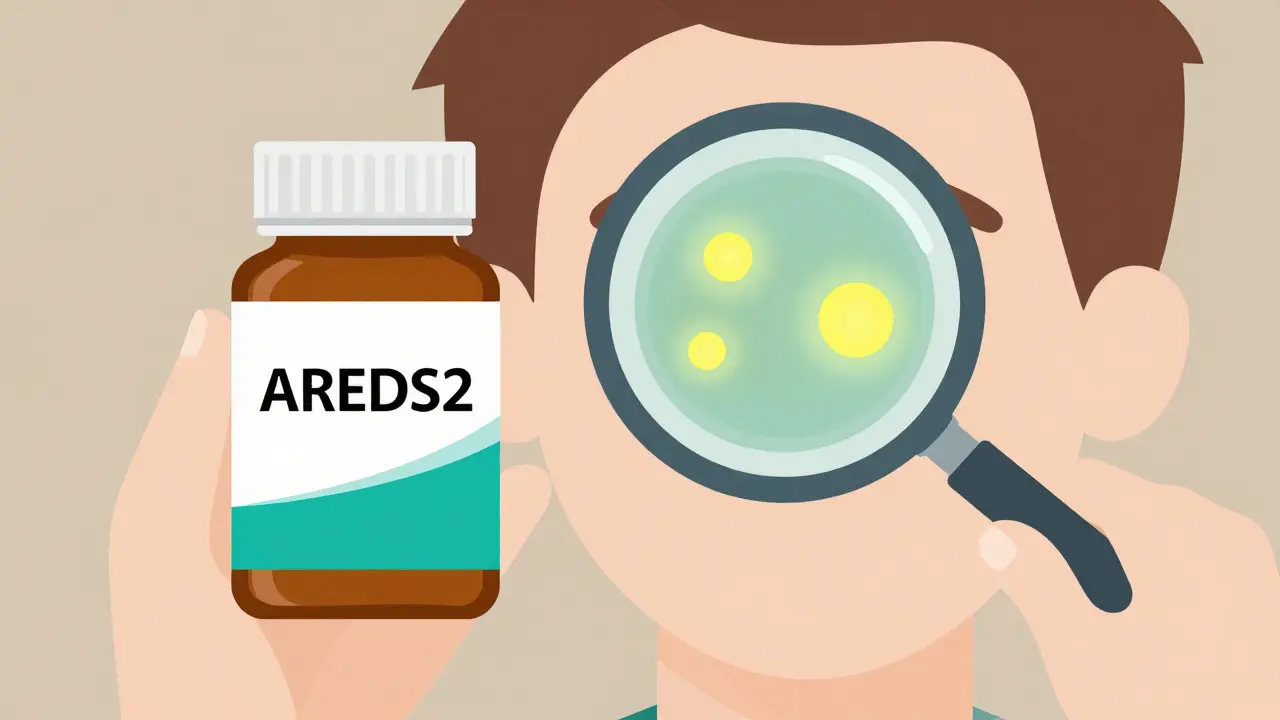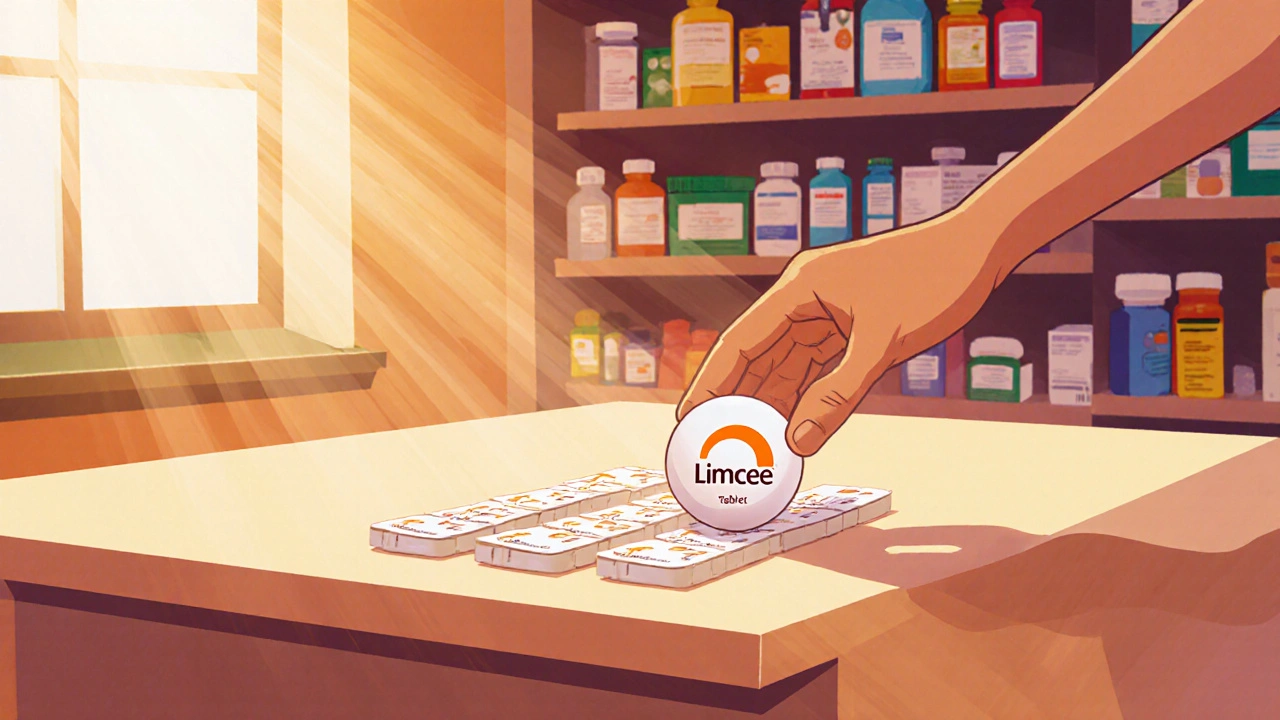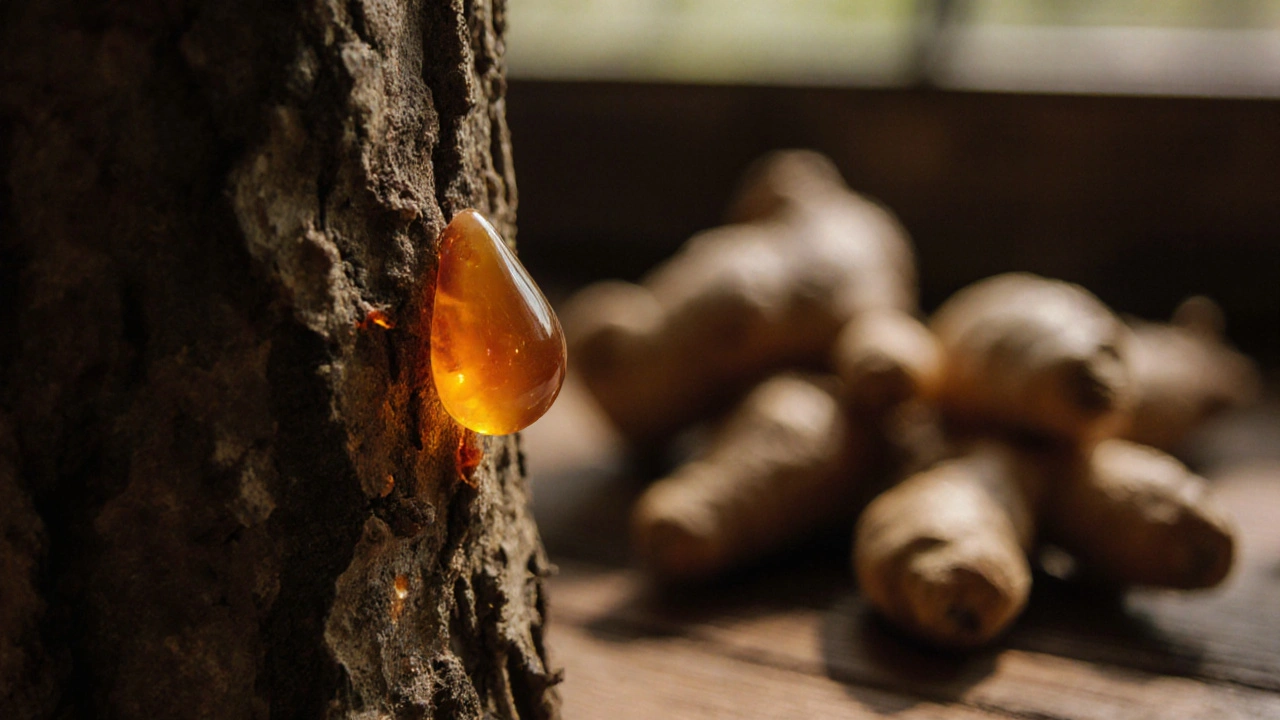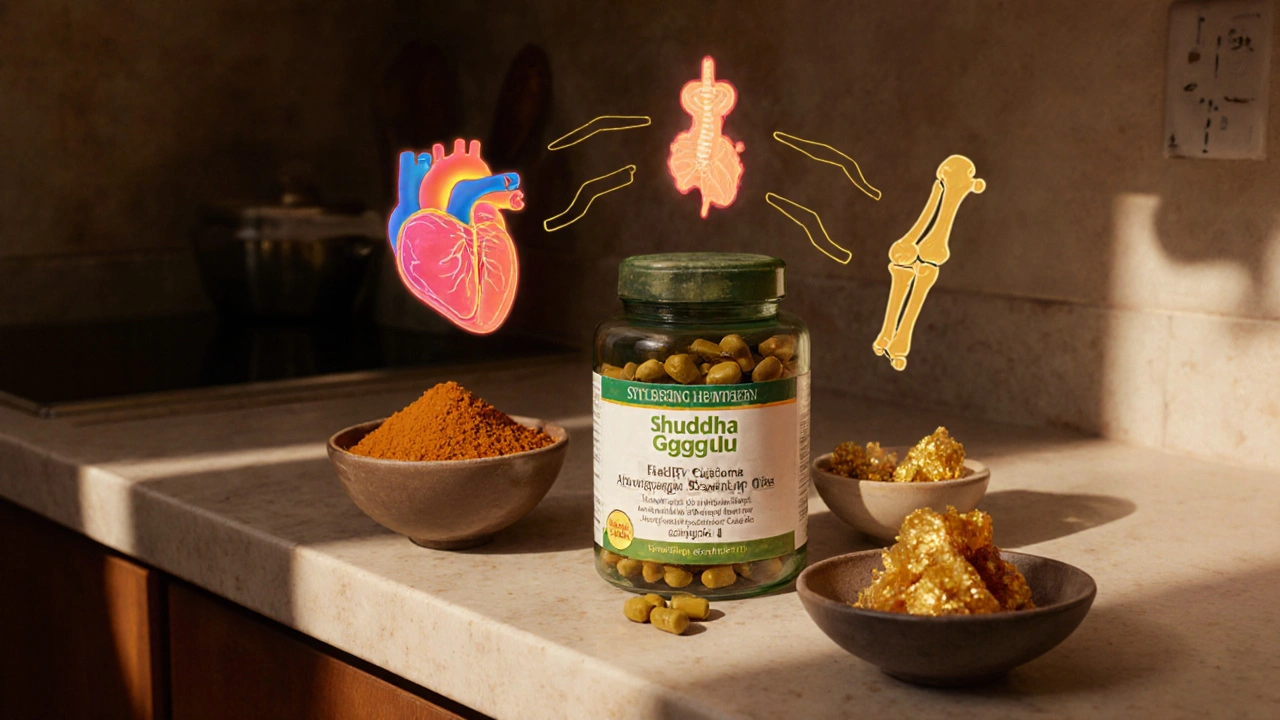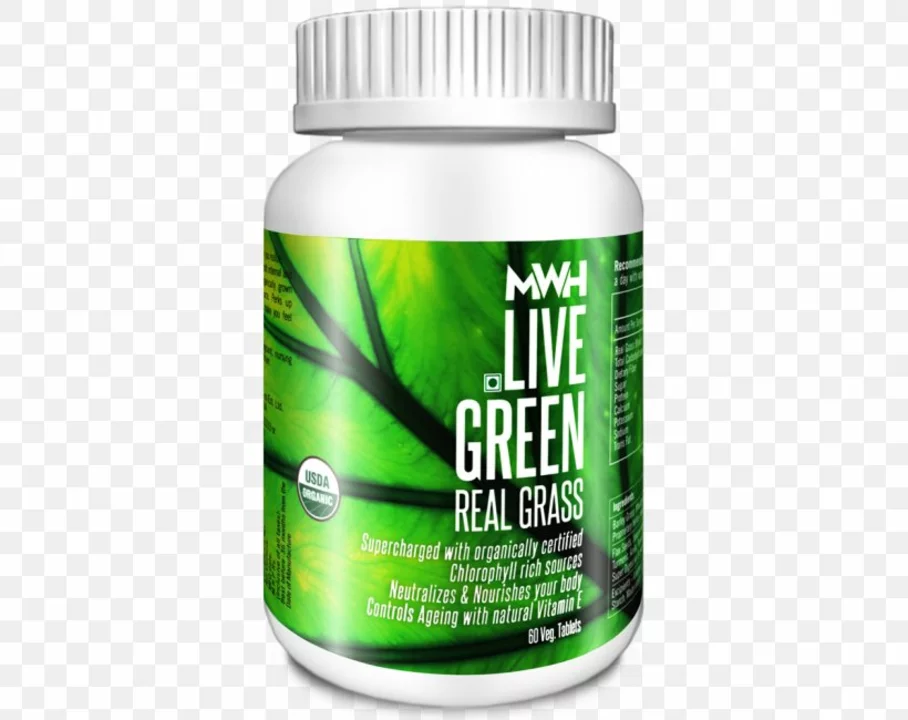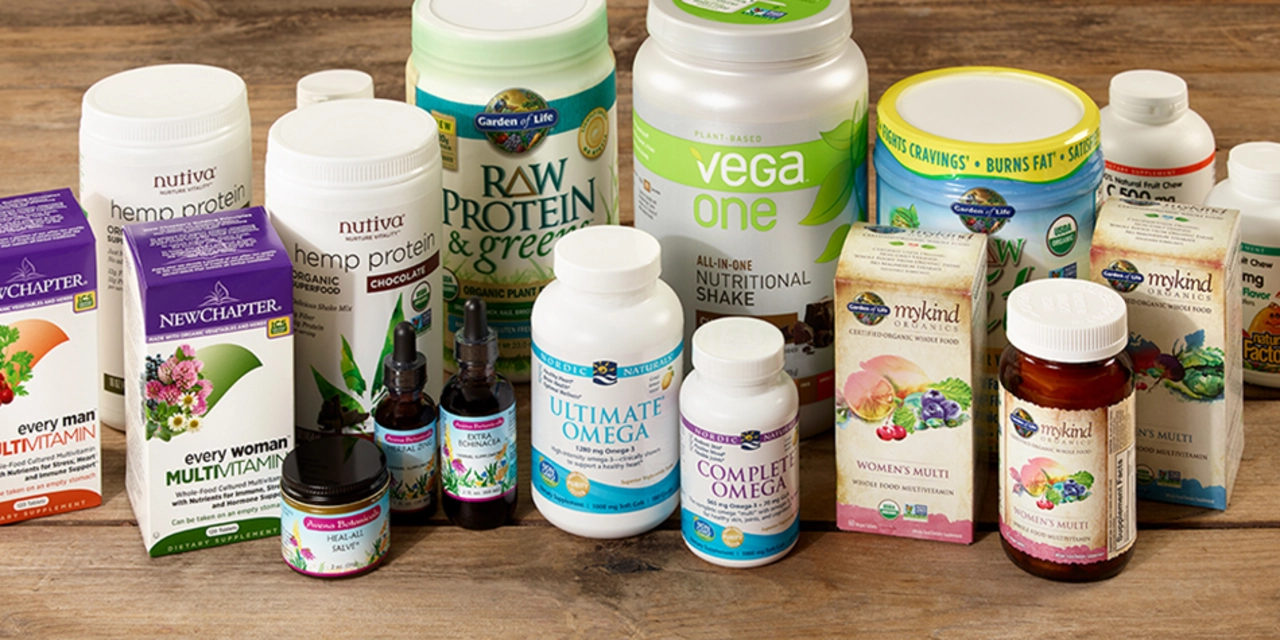Supplements that help—what to try and how to stay safe
Want supplements that actually do something without wasting money? Good. This page is for readers who want practical advice, clear safety tips, and fast links to three popular picks: tribulus terrestris, Eastern Red Cedar, and wild carrot. I’ll skip the hype and tell you what to check before you buy or try a new bottle.
Quick checks before you buy
First, read the label. Look for ingredient amounts (not just a “proprietary blend”), serving size, and active compound dose. If a product hides amounts behind fancy names, skip it. Second, choose third-party tested products—look for NSF, USP, or independent lab seals. Third, match the form to the goal: some herbs work better as extracts, others as whole-root powders. Finally, ask whether you need it now: supplements should fill gaps, not replace a healthy diet.
Watch for interactions. If you take blood thinners, blood pressure meds, diabetes drugs, or hormone treatments, check with a clinician before starting any herbal supplement. Start with the lowest effective dose and try one product at a time so you can notice effects or side effects.
Short guides to three supplements on this page
Tribulus terrestris: People buy tribulus for libido and athletic support. Small human trials show it can boost libido and sexual well-being for some people, but it doesn’t reliably raise testosterone in healthy men. If you try it, pick a standardized extract and follow the label—side effects are usually mild but can include stomach upset or sleep changes.
Eastern Red Cedar: This one shows up in traditional medicine for immune support and inflammation. Human data are limited, but users report fewer seasonal issues and lighter inflammation. Use it as a short-term adjunct, not a replacement for vaccines or prescribed treatments. Check for allergies to cedar or related trees before trying.
Wild carrot: Often sold for detox and skin support, wild carrot (Daucus carota) supplements supply carotenoids and nutrients that support healing. Some people notice improved skin tone and reduced mild inflammation. Avoid during pregnancy—carrot seed oils and high-dose extracts can act on uterine tissue.
Practical habit: buy one supplement, use it for 6–12 weeks, and track specific outcomes—sleep quality, energy, workout recovery, or skin changes. If you see nothing, stop it. If you feel better, consider cycling on and off or lowering the dose to the minimum that works.
Want deeper reads? Check the articles on this page for honest breakdowns of tribulus terrestris, Eastern Red Cedar, and wild carrot. Each post covers common benefits, realistic expectations, side-effect notes, and how to choose a quality product.
Ready to explore? Start with one clear goal, check labels and testing seals, talk to your healthcare provider if you’re on meds, and track results. That’s the fastest way to find supplements that actually help you.
